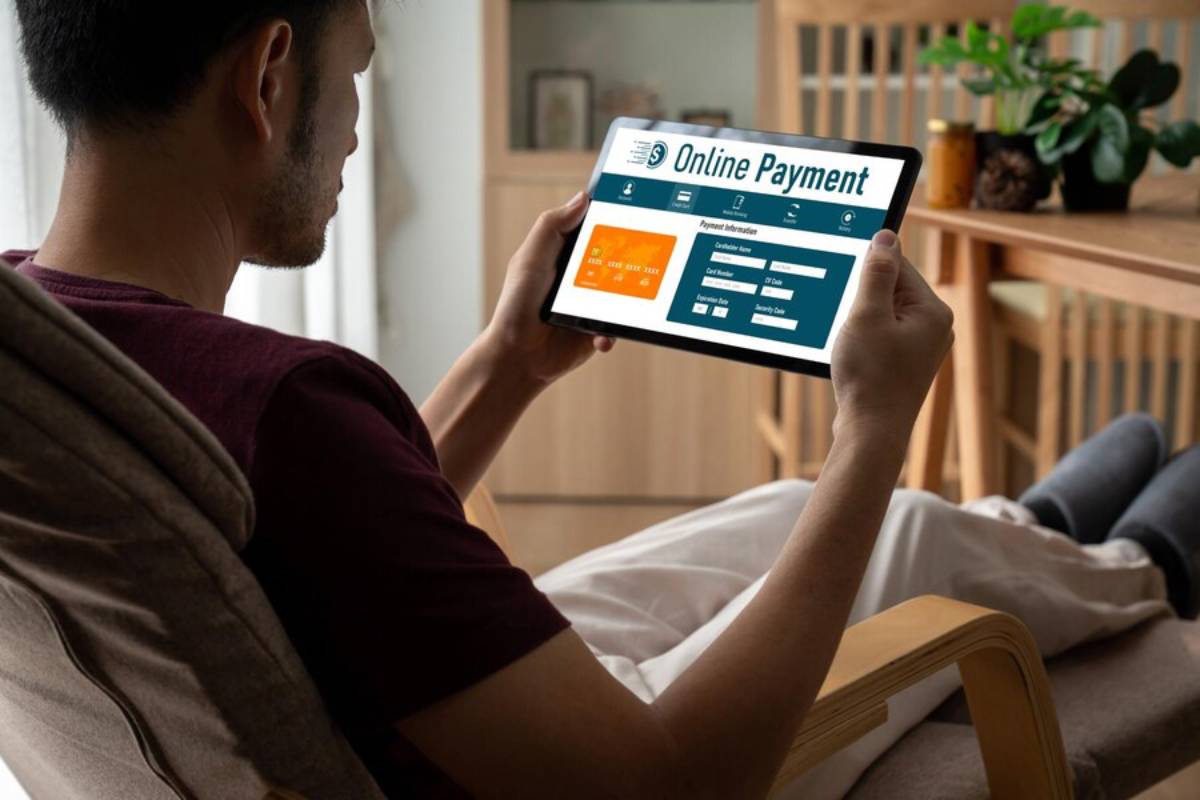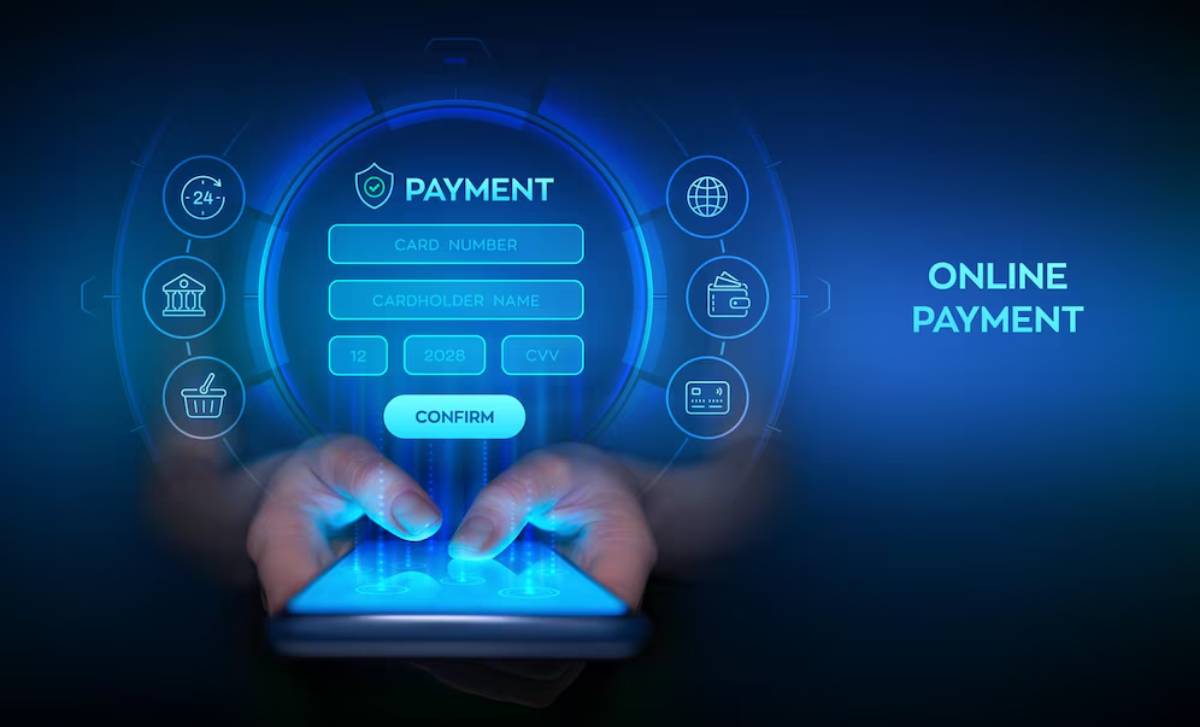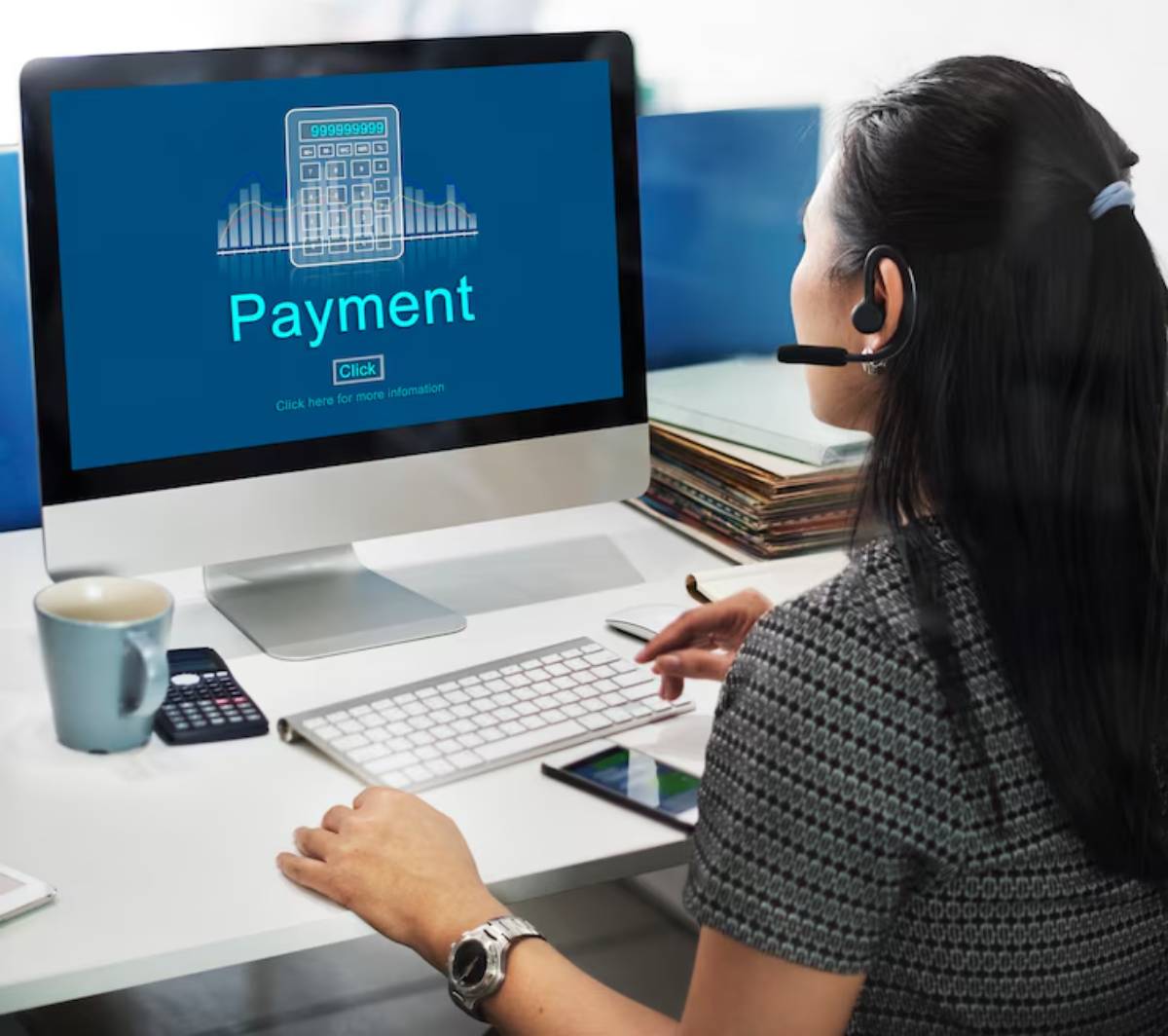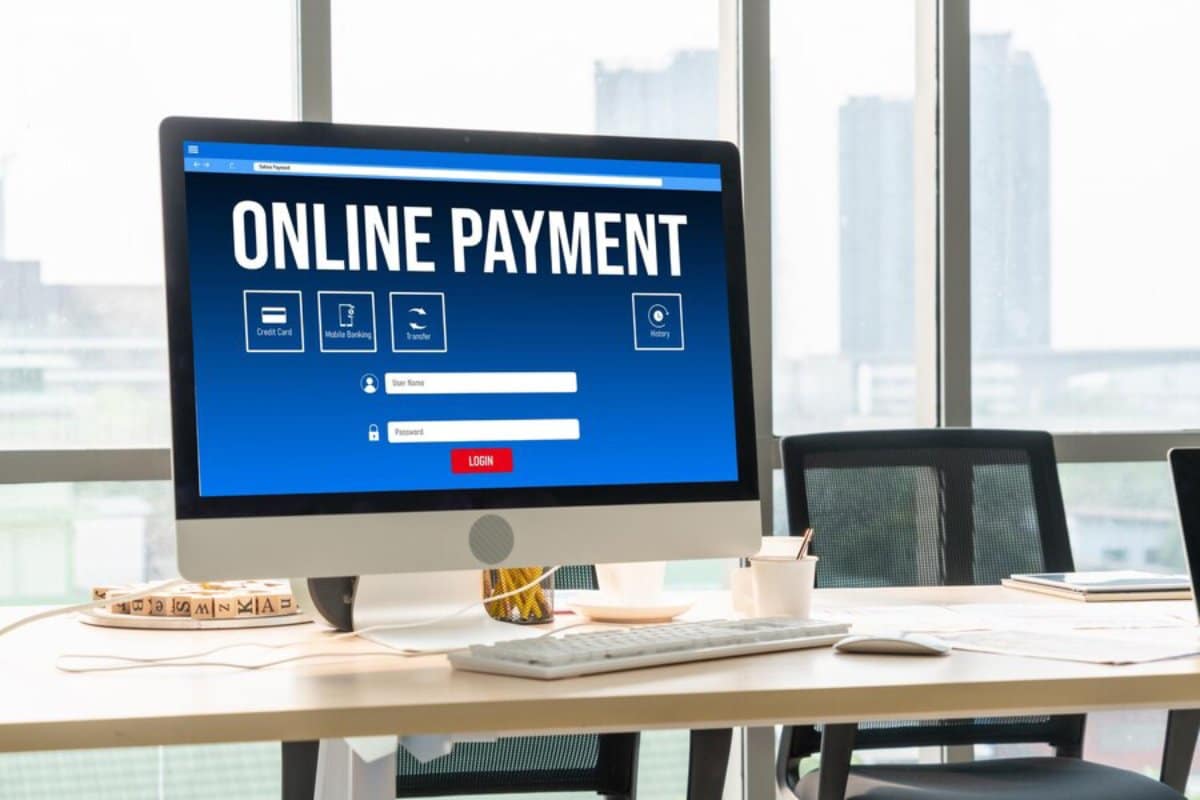
How to Choose the Right Payment Gateway for Your Business
When it comes to running a successful business in today’s digital-first world, offering secure, seamless, and fast payment options is non-negotiable. Choosing the right payment solutions not only boosts customer trust but also directly impacts your cash flow, customer retention, and growth potential. Yet, with so many options available, payment gateway selection can quickly become overwhelming.
Whether you’re launching a start-up, scaling an e-commerce empire, or updating an outdated system, understanding business payments and picking the right gateway is critical. Let’s dive in and simplify this essential choice together.
Understanding the Core: What Is a Payment Gateway?
Before getting lost in brand names and price comparisons, it’s important to grasp the basics.
A payment gateway is a technology that securely transmits customer payment data from your website or app to your bank or payment processor. Think of it as the invisible bridge that ensures your money moves safely and quickly.
Without a reliable payment gateway:
- Transactions can fail.
- Sensitive data may be at risk.
- Customers may abandon their carts, and your business could suffer.
Pro Tip: A good payment gateway is like a trustworthy postman — it ensures that every package (or payment) reaches its destination intact and on time.
Quick Guide: Key Steps for Choosing Payment Solutions
- Define your business payment needs
- Prioritise security and compliance
- Compare pricing structures
- Check compatibility with your platform
- Consider customer payment preferences
- Test gateway performance and support
- Review reputation and reliability
Step-by-Step Guide: How to Practice Smart Payment Gateway Selection
1. Assess Your Business Payment Requirements
Start by asking yourself:
- What currencies and countries will you be selling to?
- How many transactions do you expect each month?
- Will you need recurring billing options?
- Do you require in-person, online, or mobile payment support?
Important: “Choosing a gateway without mapping your needs is like buying running shoes without knowing your size.”

2. Prioritise Security Features
Your gateway must comply with PCI DSS standards and offer fraud protection, tokenisation, and encryption.
Look for features such as:
- Two-factor authentication (2FA)
- Address Verification System (AVS) checks
- Real-time fraud detection tools
Secret Tip: The more layers of security you have, the harder it becomes for fraudsters to find a crack.
3. Understand Pricing Models
Common costs to watch out for include:
- Setup fees
- Monthly service fees
- Transaction fees (fixed or percentage-based)
- Chargeback fees
Example: If you’re selling low-ticket items, a fixed transaction fee could eat heavily into your profits.
Real-world Insight: Many small businesses regret choosing the “cheapest” gateway — hidden fees often stack up fast.
4. Check Integration and Platform Compatibility
Is your potential payment gateway easy to integrate with your website, app, or point-of-sale (POS) system? Prioritise:
- Plugin availability for platforms like Shopify, WooCommerce, or Magento
- API documentation quality
- Developer support options
5. Analyse Customer Preferences
Think about your customers.
- Do they prefer Apple Pay, Google Pay, or traditional card payments?
- Are digital wallets or BNPL (Buy Now, Pay Later) solutions important in your industry?
Offering the right choices can significantly reduce cart abandonment rates.

6. Test Gateway Performance and Customer Support
Speed, uptime reliability, and responsive support are crucial.
Questions to ask:
- What’s the gateway’s average downtime?
- How fast are transactions processed?
- Is 24/7 support available if something breaks?
7. Evaluate Brand Reputation and User Feedback
Read real-world reviews and case studies. Look at Trustpilot ratings, merchant testimonials, and complaint patterns.
Pro Tip: Trust user feedback as much as technical specs — experience often highlights issues that brochures don’t.
Best Practices & Additional Insights
- Start with a trial or pay-as-you-go model if available, before locking into long-term contracts.
- Negotiate rates if you have high sales volume — many providers offer custom pricing.
- Consider future-proofing — choose gateways that are already supporting new payment methods like cryptocurrency or voice commerce.
Anecdote: A boutique fashion brand switched gateways after customers complained about mobile checkout errors. After moving to a mobile-optimised provider, mobile sales surged by 22% in just two months.
FAQs About Payment Gateway Selection
What’s the difference between a payment processor and a payment gateway?
A payment gateway transmits payment data securely, while a payment processor moves the money between accounts. Often, providers bundle both services together.
Is it better to choose a global or local payment gateway?
It depends. Global payment gateways are ideal for international businesses, while local gateways might offer lower fees and better regional customer support.
How long does it take to set up a payment gateway?
Depending on your business type and technical setup, it can take anywhere from a few hours to several weeks.

Can I use multiple payment gateways?
Yes! Many businesses use multiple gateways to offer more payment options and to reduce downtime risks.
What happens if my payment gateway experiences downtime?
If your gateway goes down, customers won’t be able to complete purchases, leading to lost sales and potential trust issues. Choosing a provider with high uptime guarantees is critical.
How do I know if a payment gateway supports recurring billing?
Check the provider’s feature list or speak directly with sales support — not all gateways natively offer subscription management tools.
Does the payment gateway impact checkout speed?
Yes, slow gateways can create frustrating checkout experiences and increase cart abandonment rates, especially on mobile devices.
Can I customise the payment gateway’s look and feel?
Many modern gateways offer hosted payment pages that you can brand to match your website’s design for a seamless user experience.
Is it possible to switch payment gateways later?
Yes, but switching can involve technical migration, customer disruption, and sometimes early termination fees — so plan carefully.
Should startups use the same payment gateways as large enterprises?
Not always — startups often benefit from flexible, low-commitment gateways, while enterprises may need custom solutions with better volume pricing.
How important is multi-currency support?
If you plan to sell internationally, multi-currency support is essential to avoid currency conversion issues and offer localised checkout experiences.
What is a payment gateway aggregator?
An aggregator allows you to accept payments without opening your own merchant account, making it easier and faster to start taking payments.
Conclusion: Make Business Payments Work for You
Choosing payment solutions is not just a technical decision — it’s a strategic one. Your payment gateway selection affects every customer transaction, your operational efficiency, and ultimately, your bottom line.
Take the time to assess your needs, prioritise security, focus on customer preferences, and don’t shy away from asking providers tough questions.
Remember: The right payment gateway isn’t simply about accepting money; it’s about building a better experience for your customers and securing sustainable growth for your business.
Ready to upgrade your business payments strategy?
Start comparing top-rated gateways today and turn every transaction into a trust-building moment!


